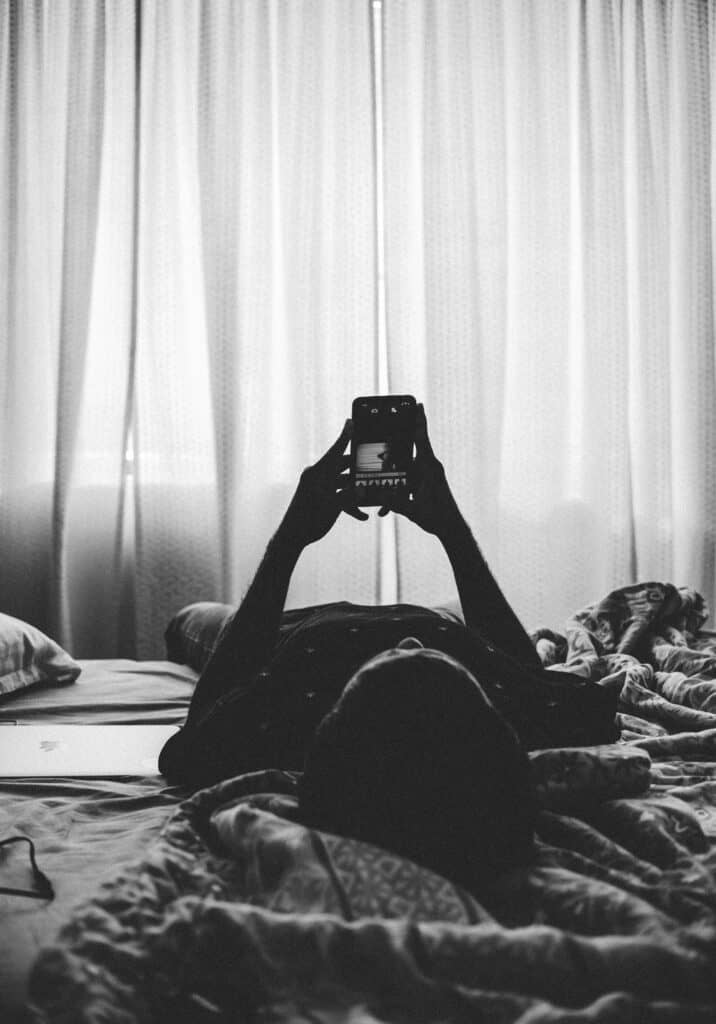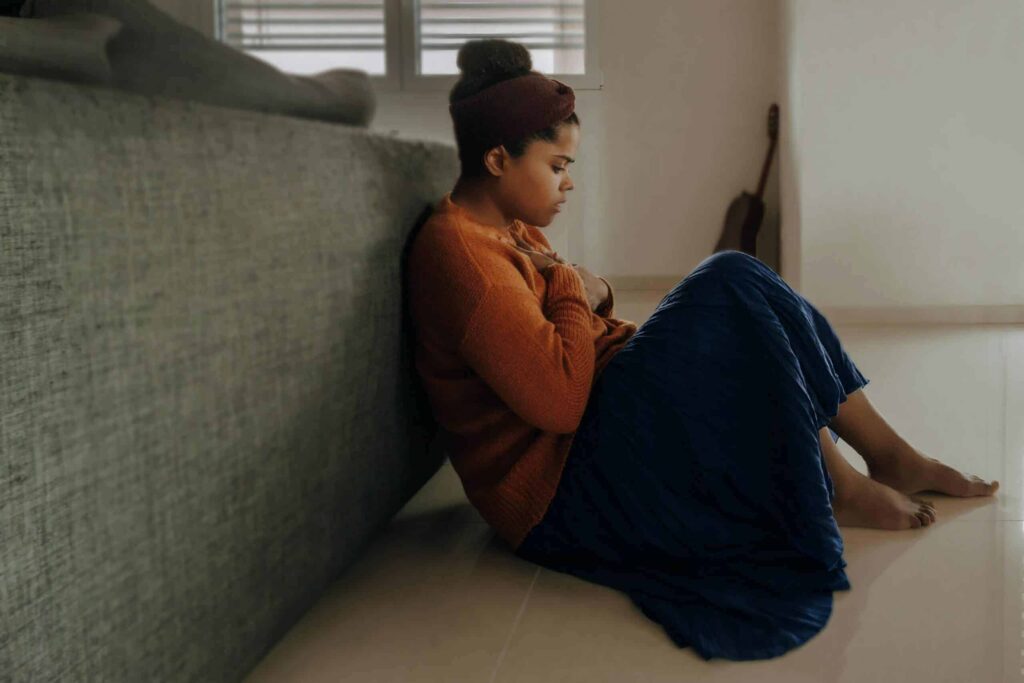To the unknowing eye, introversion and social anxiety might look like the same thing. Both introverts and people with social anxiety exhibit many of the same tendencies. The difference lies in what’s going on beneath the surface.
What is Introversion?
Introversion is a personality trait. Introverts typically prioritize alone time and keep a smaller social circle. Unlike extroverts, who tend to be open books, introverts can take a while to open up to people.
Introverts typically have the following qualities:
- Strong listening skills
- Logical thinking skills, rather than impulsivity
- A dislike for confrontation
- Tendency to share feelings and thoughts through writing or art, or one-on-one conversation
In social settings, introverts tend to hold back. At first, they might say very little until called upon to speak. Typically, introverts prefer not to be the center of attention. It’s normal for introverts to feel intimidated or overwhelmed in large social gatherings like parties.
These situations can have a draining effect on introverts, mentally and physically. Unlike extroverts, who draw their energy from their surroundings, introverts draw energy from within. After a long night of socializing, introverts may want to spend an extended period alone to recharge.
Introverts are often labeled as reserved, quiet, and shy. However, introverts may not feel this way when surrounded by close friends.
Introversion is not a sign of an underlying mental health condition. However, introverts can also experience social anxiety.
What is social anxiety?
Like introverts, people with social anxiety tend to avoid large groups and prefer not to draw attention to themselves. However, these tendencies don’t stem from a natural preference to be alone but from feelings of worry and discomfort.
People with social anxiety might:
- Feel anxious about being seen in public, especially while doing something potentially embarrassing
- Avoid interacting with strangers or new friends
- Worry about making social faux-pas
- Feel they are unable to connect with others
People with social anxiety typically experience feelings of fear or excess nervousness in social situations. Sometimes, even thinking about social situations can trigger an anxiety attack.
People with social anxiety may avoid speaking up in conversations for fear they’ll say the wrong thing. In general, people with social anxiety avoid making themselves the center of attention out of fear they will be misjudged or disliked.
Unlike introverts, who enjoy solitude, those with social anxiety may want to participate in social gatherings but avoid doing so out of fear of potential rejection. Before a social gathering, people with social anxiety tend to have racing thoughts about what they will say and how others will receive them.
After a social gathering, people with social anxiety may spend a lot of time reviewing their behavior the night before, worrying about what others thought of them. It’s common for people with social anxiety to dwell on minor occurrences that likely went unnoticed by their peers.
How are they similar?
Both introversion and social anxiety cause people to avoid social gatherings and pull away from friends and family. It’s typical for both people with social anxiety and introverts to cancel plans or become unavailable for extended periods. Both introverts and people with social anxiety tend to speak minimally and may have difficulty forming deep connections with peers in large social gatherings.
How are they different?
The main difference between social anxiety and introversion is that introversion is a personality trait, while social anxiety is a mental health condition.
Introversion is not something that can be or needs to be changed. Introverts often benefit from their solitary tendencies, feeling re-energized after spending time alone. Unless you feel your tendency to spend time alone interferes with your happiness, there’s nothing to be concerned about.
On the other hand, social anxiety typically leads to solitary tendencies despite desires to be social and connect with friends. Unlike introverts, people with social anxiety may feel worse after spending time alone.

What to do if they start to affect your life?
Because the effects of both introversion and social anxiety overlap, it can be hard to tell the difference. As mentioned, it’s possible to experience both simultaneously.
If you feel at ease and relaxed when you’re alone and find that solitude helps you feel recharged, you’re likely an introvert.
If you have a desire to be social but avoid the opportunity due to concerns about how others will perceive you, you may be experiencing social anxiety. Some level of anxiety can be typical in social situations, but if you begin to have persistent negative thoughts that hold you back from doing things you normally enjoy, it may be time to seek help.
Reaching out to a therapist can help you navigate your social anxiety. A therapist can offer judgment-free support and help you develop coping strategies and positive thinking patterns to mitigate your social anxiety. Recognizing the issue and talking about it is an important first step to tackling social anxiety.



